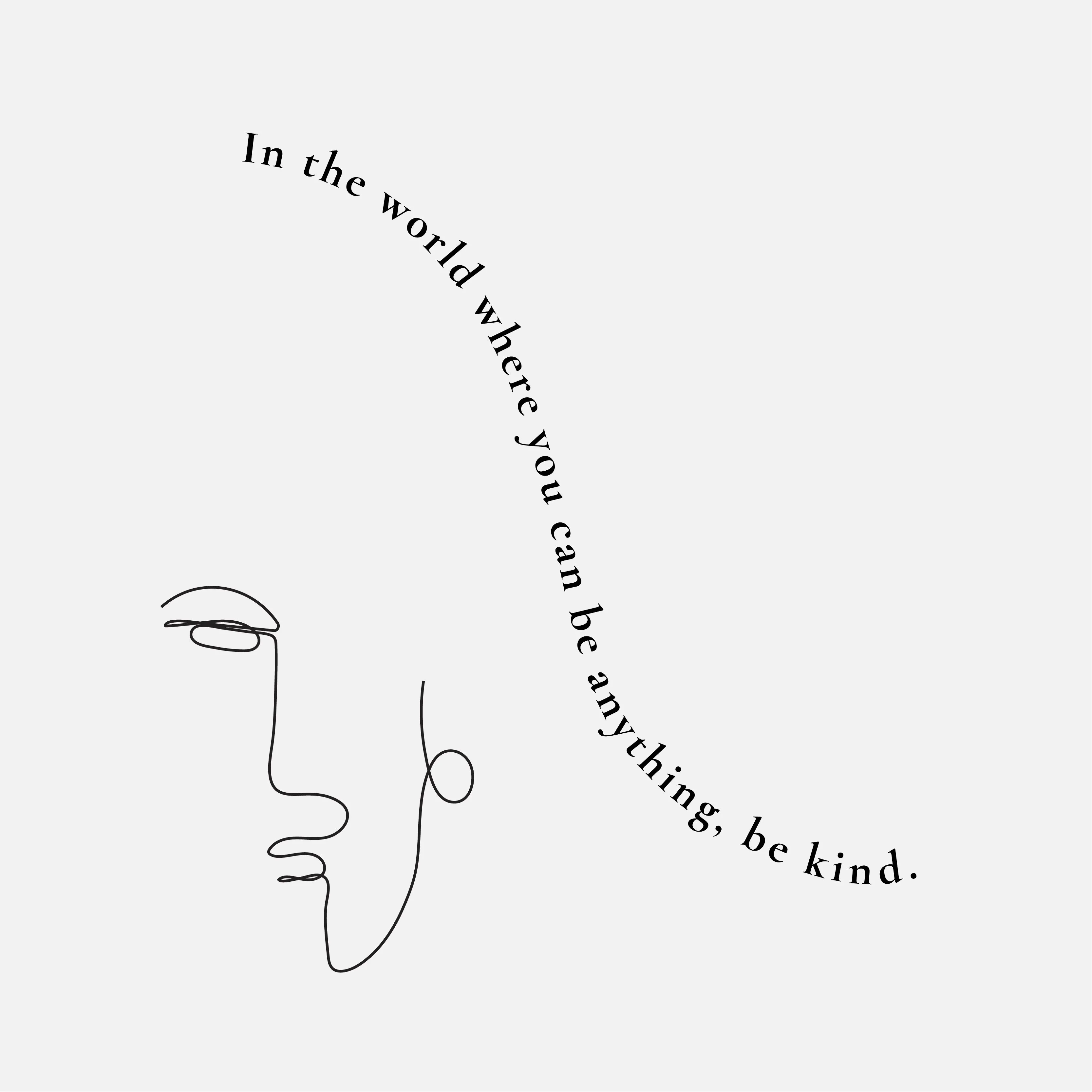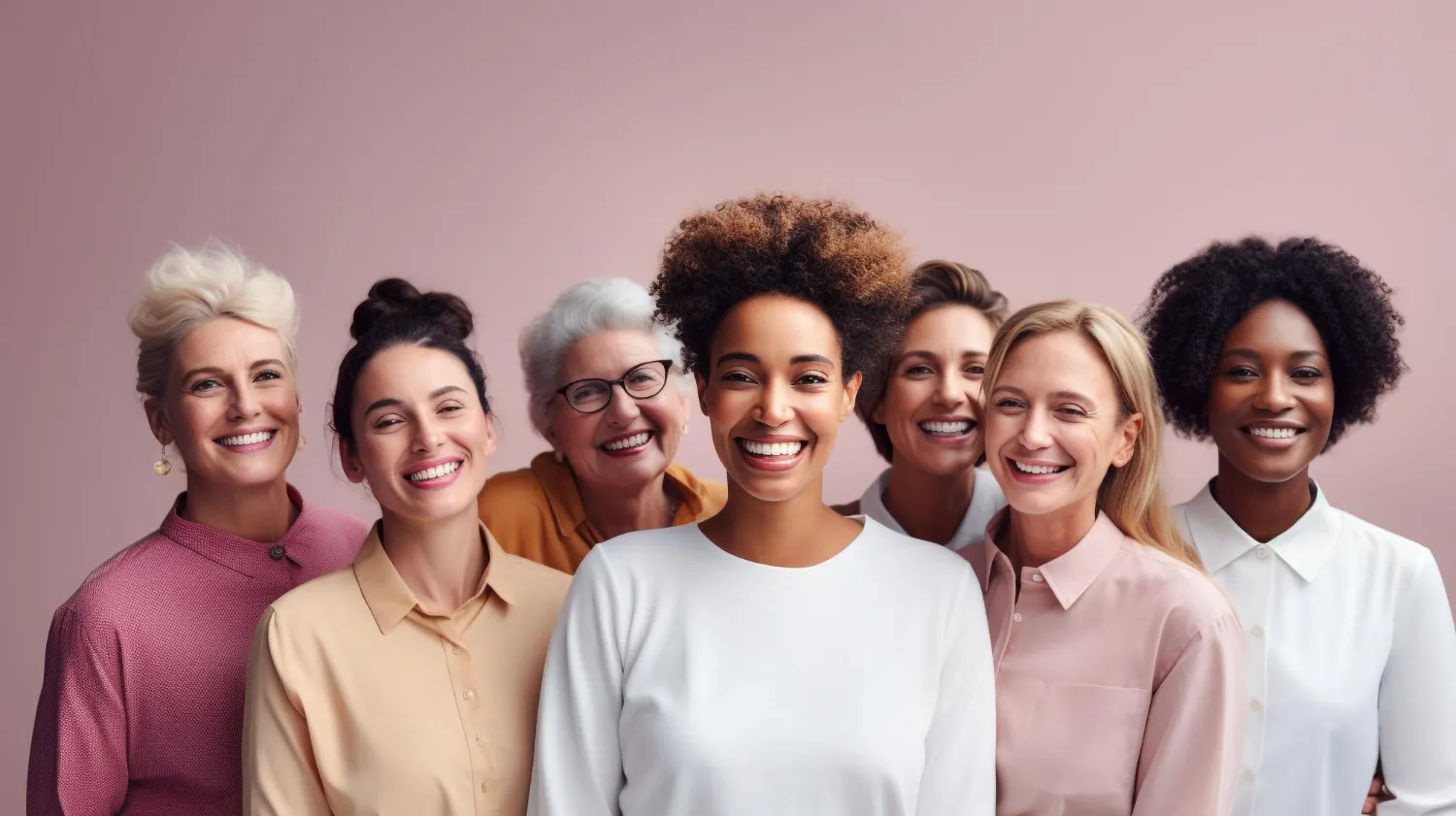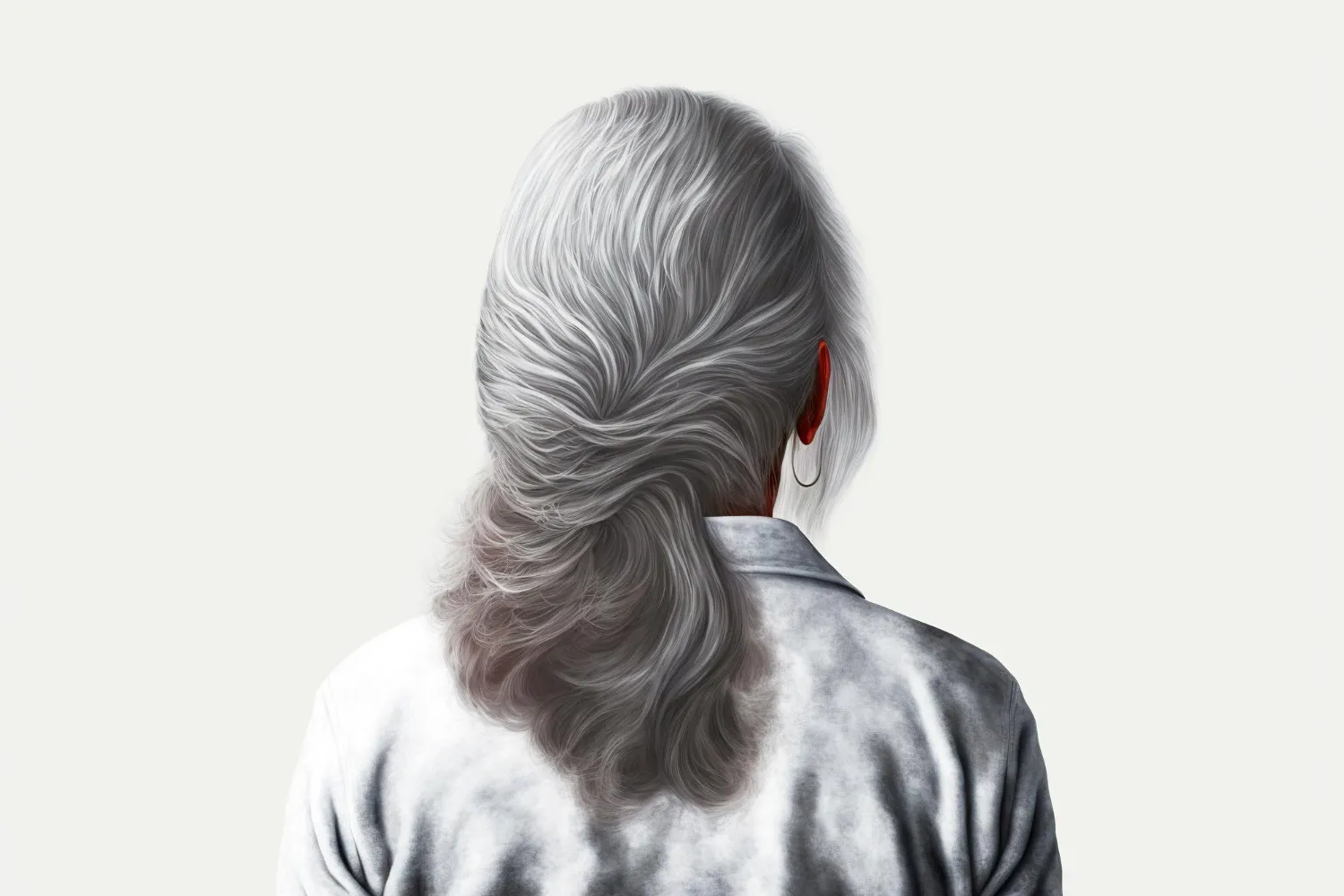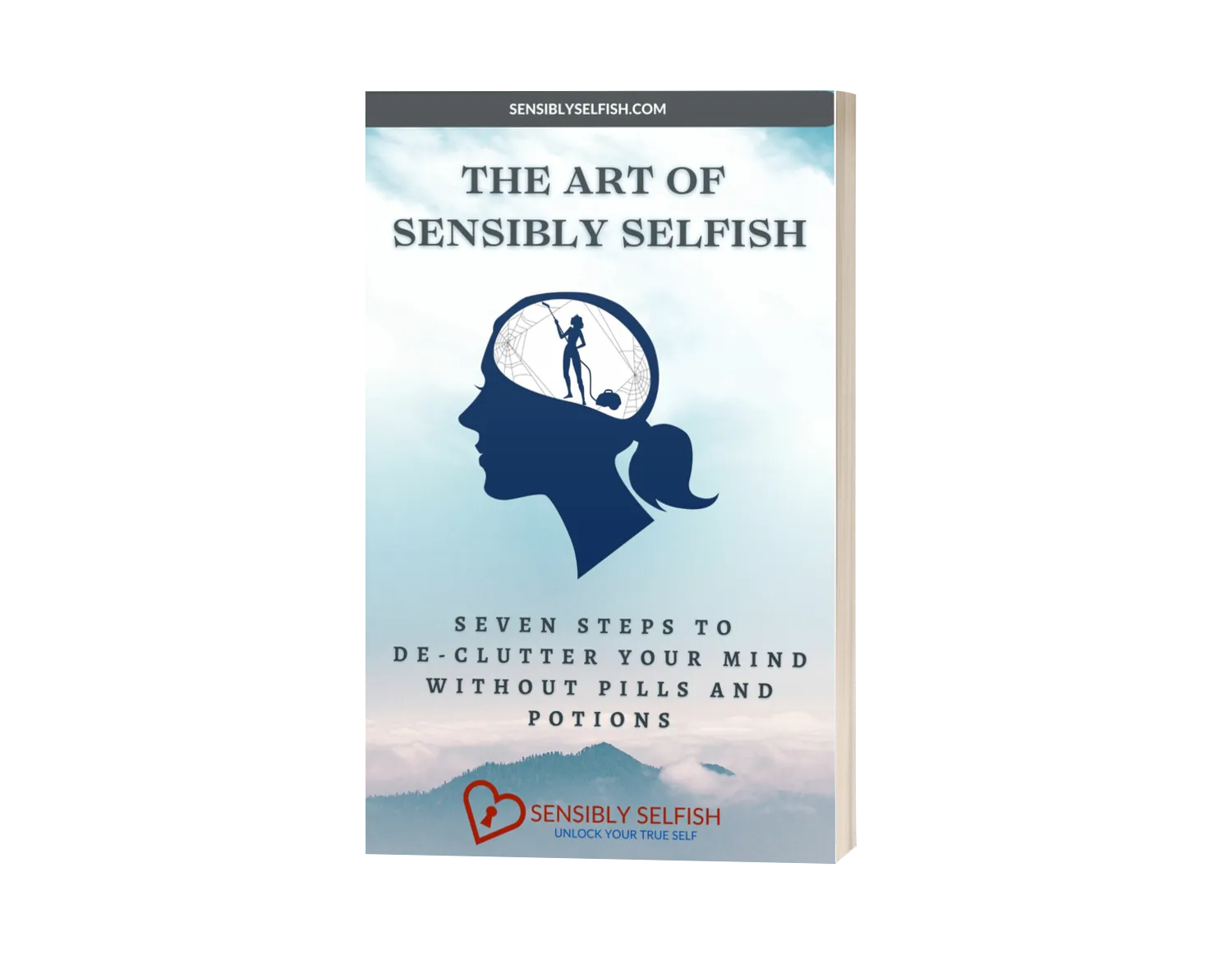Mortality with Panache
Death Cafés and Death Parties Take Center Stage!
[Toc]
The Trend of Death
In a world where trends come and go, an unexpected phenomenon is gaining momentum - death! But before you raise an eyebrow or chuckle, this intriguing shift is not about mourning in dark corners or wearing all-black ensembles. Instead, it's a celebration of life, a dance with mortality that has found its way into the hearts of many, especially among women over 45.
Welcome to the realm of Death Cafés and Death Parties - two unconventional concepts that challenge societal norms surrounding death and embrace it with open arms (albeit with a touch of tongue-in-cheek humor). These movements offer unique spaces for meaningful conversations about mortality and encourage celebrating life while we still have the chance.
So, let's delve into the fascinating world of Death Cafés, where coffee and contemplation merge to ignite candid discussions about life's ultimate destination. Then, we explore the trend of Death Parties, where people celebrate their lives in style, leaving behind an indelible mark on their journey.
Buckle up, dear readers, as we embark on a journey that dares to unravel the enigma of mortality with panache!
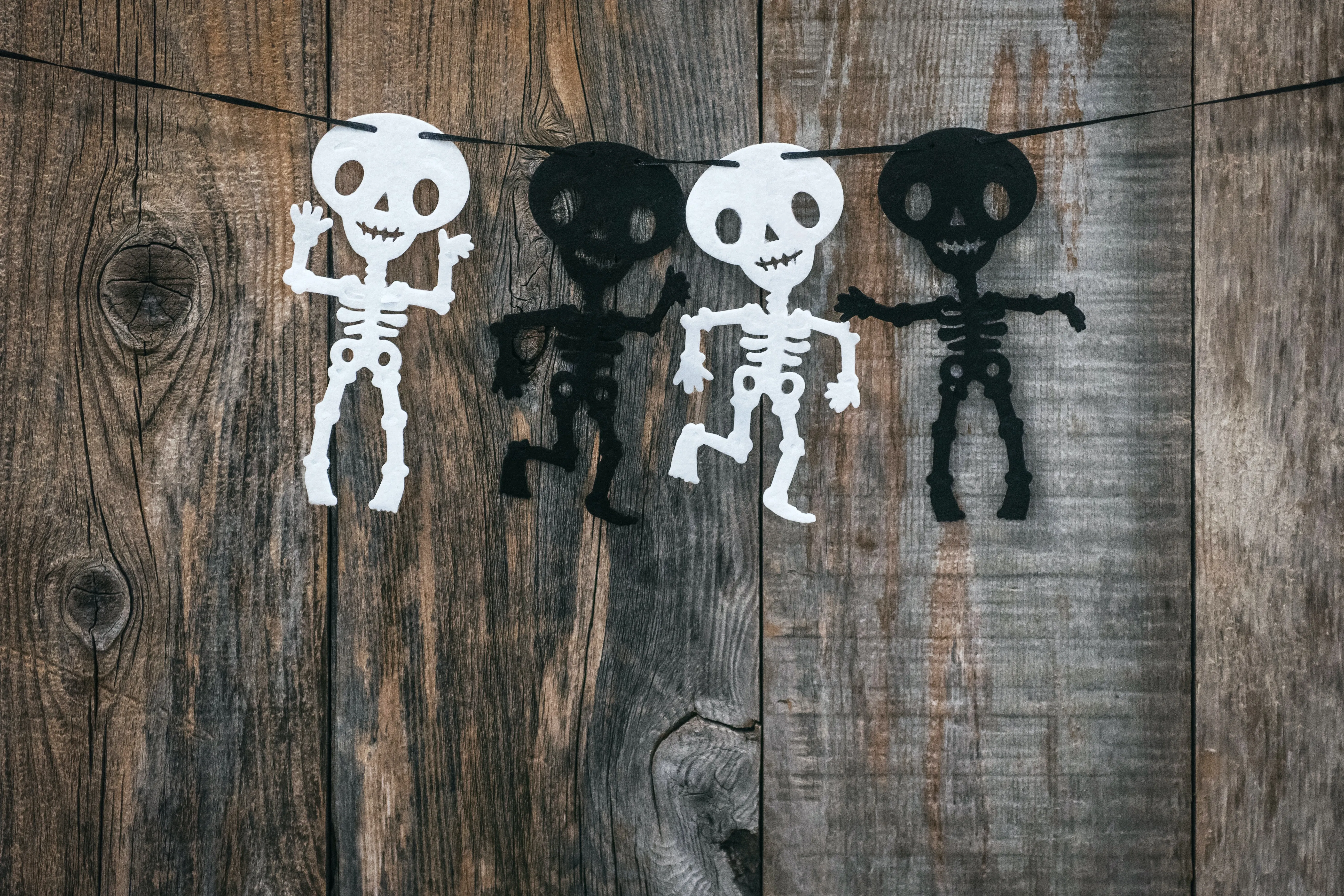
Cultural Perspectives
First, let’s explore how different cultures approach death and mourning can provide a broader understanding of the significance of these concepts across various societies. It highlights the universality of the human experience surrounding mortality.
In diverse cultures around the world, death is viewed and commemorated in a myriad of ways, each deeply rooted in the community's beliefs, values, and traditions. For instance, in some Asian cultures, such as Japan and China, death is often approached with a sense of reverence and respect. Ancestor veneration and elaborate funeral rituals play a central role, in honoring the deceased and maintaining a strong connection between the living and the departed.
Conversely, in parts of Latin America, like Mexico, the "Dia de los Muertos" or Day of the Dead celebration exemplifies a vibrant and festive approach to death. Families gather to commemorate their loved ones, adorning altars with colorful decorations, marigold flowers, and their favorite foods and beverages. The festivities serve as a joyous celebration of life, recognizing that death is an integral part of the human journey.
In Western cultures, traditional funerals often focus on mourning and paying respects to the departed. However, with the rise of death parties and living funerals, a shift is occurring, encouraging people to embrace a more celebratory approach to life's end. These newer practices align with the belief that life should be cherished and celebrated, even in the face of mortality.
By understanding these varied cultural perspectives on death and mourning, women over 45 can gain insight into the vast tapestry of human experiences. Embracing the diversity of approaches to mortality can be empowering, helping individuals find meaningful ways to approach end-of-life discussions and celebrations.
Women who engage in conversations about mortality may find comfort in discovering that despite cultural differences, the emotions and reflections surrounding death are universally shared. These conversations can bridge gaps and foster compassion among individuals from various backgrounds, promoting a sense of unity and shared purpose in embracing the transient beauty of life.
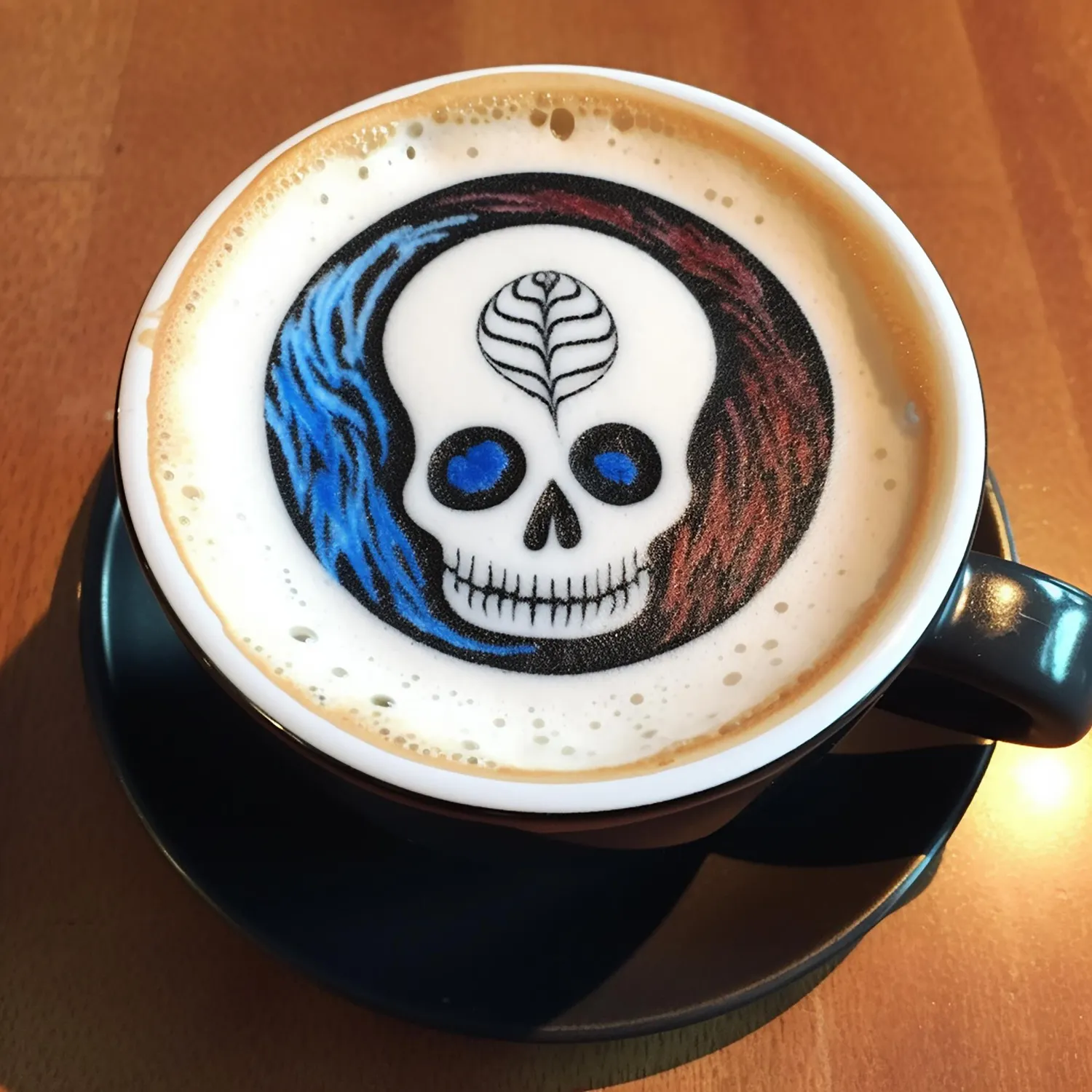
Death Cafés
Fostering Meaningful Conversations About Mortality
Death Cafés, have become a global phenomenon over the past decade. These informal gatherings, typically hosted in coffee shops, community centers, or private homes, offer a safe and supportive space for individuals to discuss one of life's most profound and inevitable aspects: death. Death Cafés aim to normalize conversations about mortality and create an environment where people can openly express their thoughts, fears, and questions surrounding death and dying.
For women over 45, Death Cafés hold particular significance. This demographic often finds itself contemplating the impermanence of life, having experienced significant life events and losses. Attending a Death Café can be a transformative experience for these women, providing them with an opportunity to gain new perspectives on life and mortality. The conversations at Death Cafés often revolve around topics such as the fear of death, end-of-life choices, the legacy one leaves behind, and the meaning of life itself.
Participating in a Death Café can be a cathartic experience, enabling women over 45 to confront their mortality and embrace the idea of living more fully in the present. Many participants report feeling a sense of relief and comfort after engaging in these open and honest discussions. By acknowledging death as an integral part of life, women over 45 may find a renewed sense of purpose and an increased desire to make the most of their remaining years.
The Structure and Experience of a Death Cafe
The structure of a Death Cafe is intentionally informal and flexible. There are no preset agendas, and the gatherings are not led by grief counselors or therapists. Instead, a Death Café facilitator ensures that the conversation flows naturally, providing a safe container for participants to express their thoughts without judgment.
The ground rules of a Death Café are simple but essential. Participants are encouraged to listen actively and share openly, respecting the diverse beliefs and experiences of others. Conversations often begin with an icebreaker, allowing attendees to introduce themselves and share their motivations for joining the Death Café. From there, the discussion unfolds organically, touching on various themes related to mortality.
The themes explored during a Death Café can vary widely, depending on the interests and concerns of the participants. Topics may include end-of-life planning, grief and mourning, cultural perspectives on death, spiritual beliefs, and even the practical aspects of death, such as funeral arrangements. It is this unrestricted exploration of subjects that makes Death Cafés a unique and enriching experience.
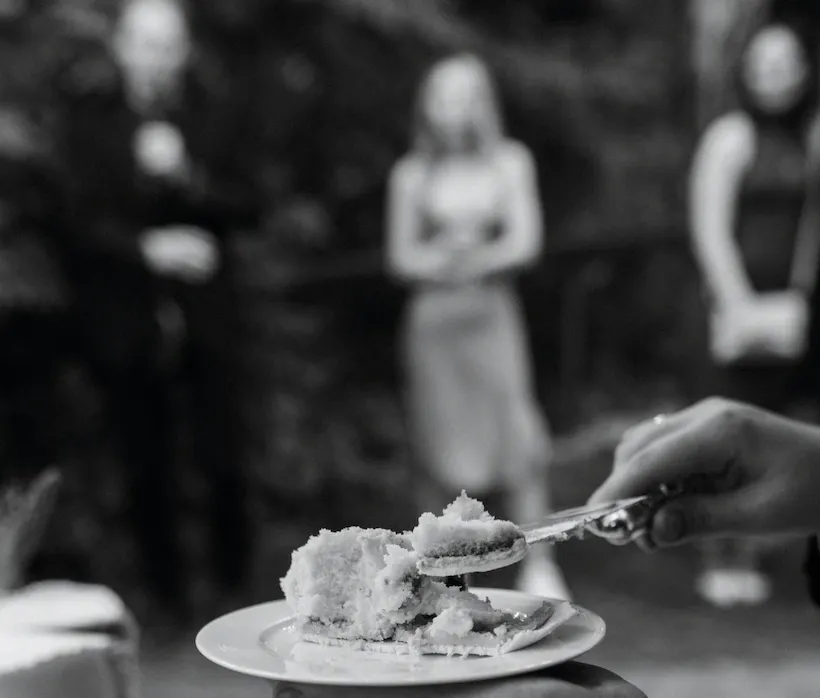
Death Parties
Celebrating Life Amidst Mortality
In contrast to traditional somber funerals or memorials, death parties, also known as "living wakes" or "Living-funerals," are gaining popularity as a way to celebrate life while the individual is still alive. These events offer an opportunity to honor a person's life, accomplishments, and relationships in a joyous and intimate setting.
“A living funeral is just like you might imagine your funeral to be. But instead of you being dead in a coffin you are still fully alive and enjoying the event”. Jane Duncan Rogers - Before I Go Solutions
The idea behind death parties stems from the desire to shift the focus from mourning death to celebrating life. Rather than waiting until after their passing, some individuals choose to plan their death parties, inviting family and close friends to join in the festivities. These gatherings allow individuals to say their goodbyes, express gratitude and share laughter and fond memories.
Death parties can be an empowering way to approach mortality. These events offer a chance to leave a lasting impression on loved ones and create cherished memories. By actively participating in the planning process, women over 45 can ensure that their values and wishes are respected, making the event a true reflection of their lives.
Some may view the idea of death parties as unconventional or morbid, but proponents argue that it allows for a more honest and open dialogue about death. Embracing the concept of a death party not only eases the burden on grieving loved ones but also reinforces the importance of celebrating life throughout all its stages.
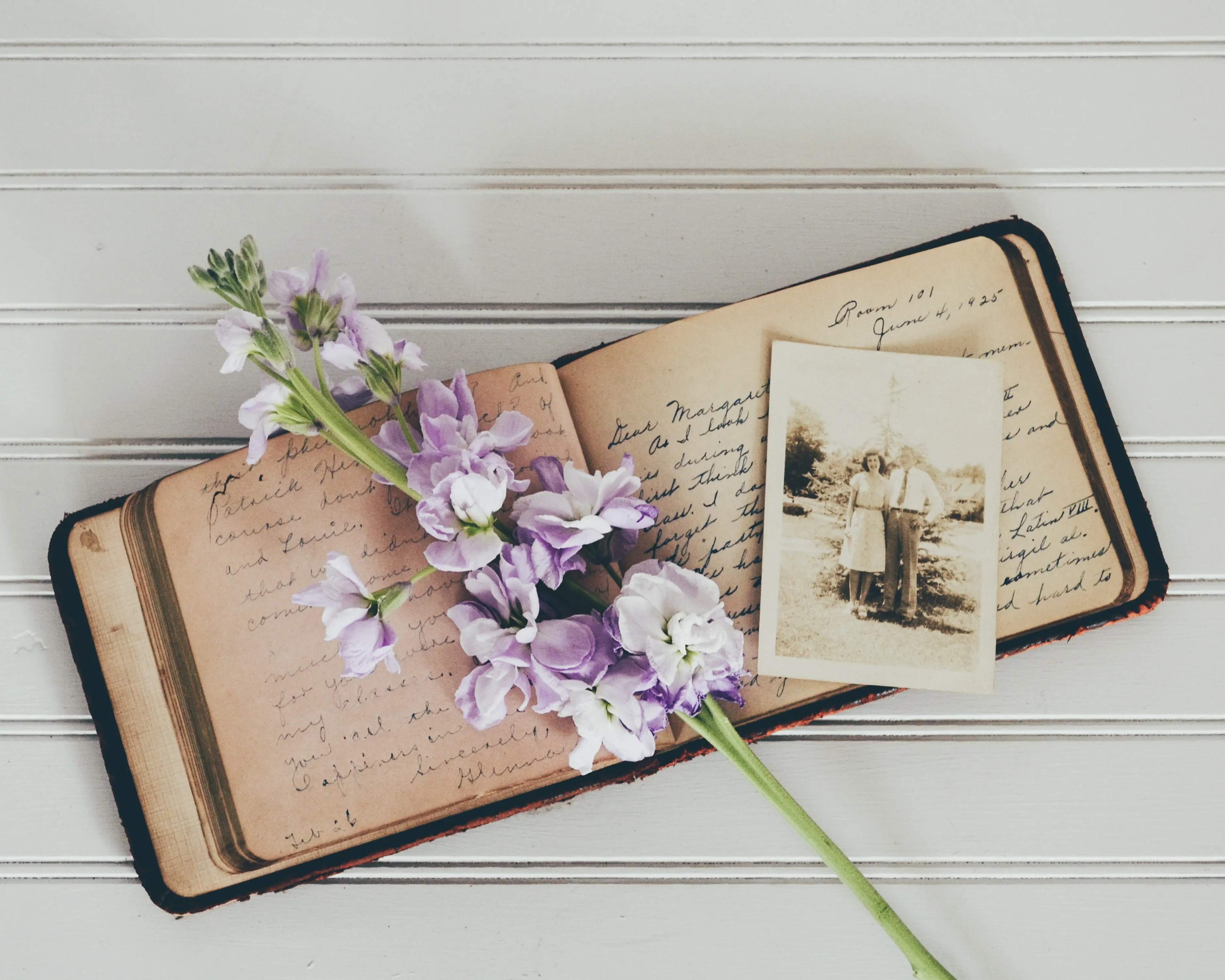
Tips for Participation
For women over 45 who feel drawn to exploring the realm of Death Cafés or contemplating the idea of planning a living funeral, a few practical tips can ease the journey.
Finding Local Death Café Events: Start by searching online for local Death Café gatherings or groups in your community. Social media platforms and event websites often list upcoming meetings, providing an opportunity to join these supportive and enlightening gatherings.
Preparing for Death Café Gatherings: Approach Death Cafés with an open mind and heart. Reflect on your thoughts and feelings about mortality beforehand, allowing yourself to be vulnerable and share your experiences with others in the group. Embrace the chance to listen actively and learn from diverse perspectives.
Initiating Conversations about Death Parties: If you are intrigued by the concept of a living funeral, broach the subject gently with loved ones, gauging their openness to the idea. Share your motivations for considering such an event and emphasize the significance of celebrating life while there is still time.
Remember, these experiences are personal and unique to each individual. There's no right or wrong way to approach Death Cafés or plan a living funeral. The key lies in embracing these conversations with sincerity, compassion, and a sense of purpose. Together, they can become profound stepping stones in understanding and embracing the precious and inevitable journey that is life and death.
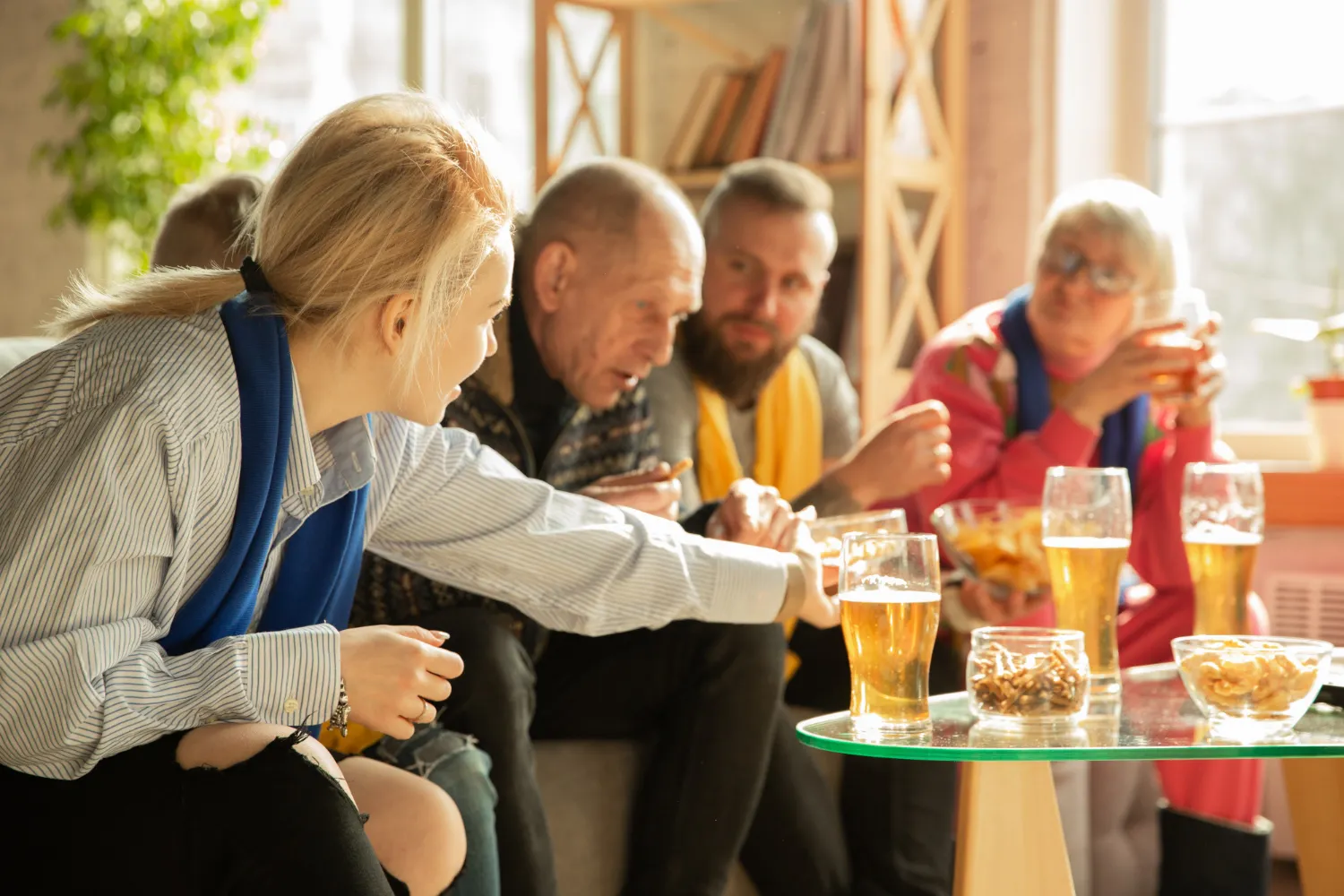
Case Story: Hilary's Husbands Living Funeral
Meet Hilary, a remarkable woman at 54 years old, who has experienced loss. Within 12 months, she endured the heart-wrenching passing of both her beloved parents, leaving her world in a state of profound grief. As if fate wasn't enough, another blow came when her husband received a terminal illness diagnosis, further testing her strength and resilience.
Amidst the turmoil, a close friend introduced Hilary to the concept of Death Cafés. Intrigued yet cautious, she decided to give it a chance, seeking solace in the company of others who understood the intricacies of loss and mortality.
As Hilary attended these Death Cafés, something unexpected happened. The weight of her mortality, along with the desire to make the most of her remaining time, began to take center stage. She learned about the concept of a living funeral - a celebration of life while the person is still alive. The idea ignited a spark in Hilary's heart, as she envisioned an event for her husband with just a few months left, that could transcend grief and embrace joy, love, and laughter.
However, when she first broached the idea to her husband, he was hesitant. The thought of planning his own "farewell" seemed surreal and daunting. But Hilary persevered, finding comfort and strength in the supportive community she had found through the Death Café. She continued attending, sharing her thoughts, fears, and dreams, and her husband's heart softened.
Together, they took the plunge and decided to plan the living funeral just as he imagined. The event was to be held in his favorite place, the local pub - a setting that encapsulated the essence of joy and camaraderie. Hilary and her husband meticulously prepared the details, selecting the perfect songs, gathering cherished mementos, and penning heartfelt letters to their loved ones.
When the day arrived, friends and family gathered at the pub, their hearts filled with love and gratitude for a man who had touched so many lives. It was an occasion that blended both tears and laughter, as stories of love and friendship echoed through the room. The atmosphere was one of celebration, and amidst the bittersweet moments, a profound sense of closure and peace embraced everyone present.
Through the power of Death Cafés, Hilary and her husband discovered a path to confront mortality with courage and grace. Together, they transformed what could have been a somber affair into a vibrant celebration of life. The living funeral not only provided her husband with the opportunity to say goodbye on his terms but also allowed him to witness the outpouring of love and support from those who cherished him.
Hilary's journey demonstrates that even in the darkest of times, there is a glimmer of light that can lead to empowerment and celebration. The Death Café not only became a sanctuary for Hilary but also opened the door to a life-affirming event that will forever be etched in the hearts of those who attended. It serves as a testament to the resilience of the human spirit and the power of meaningful conversations about mortality.
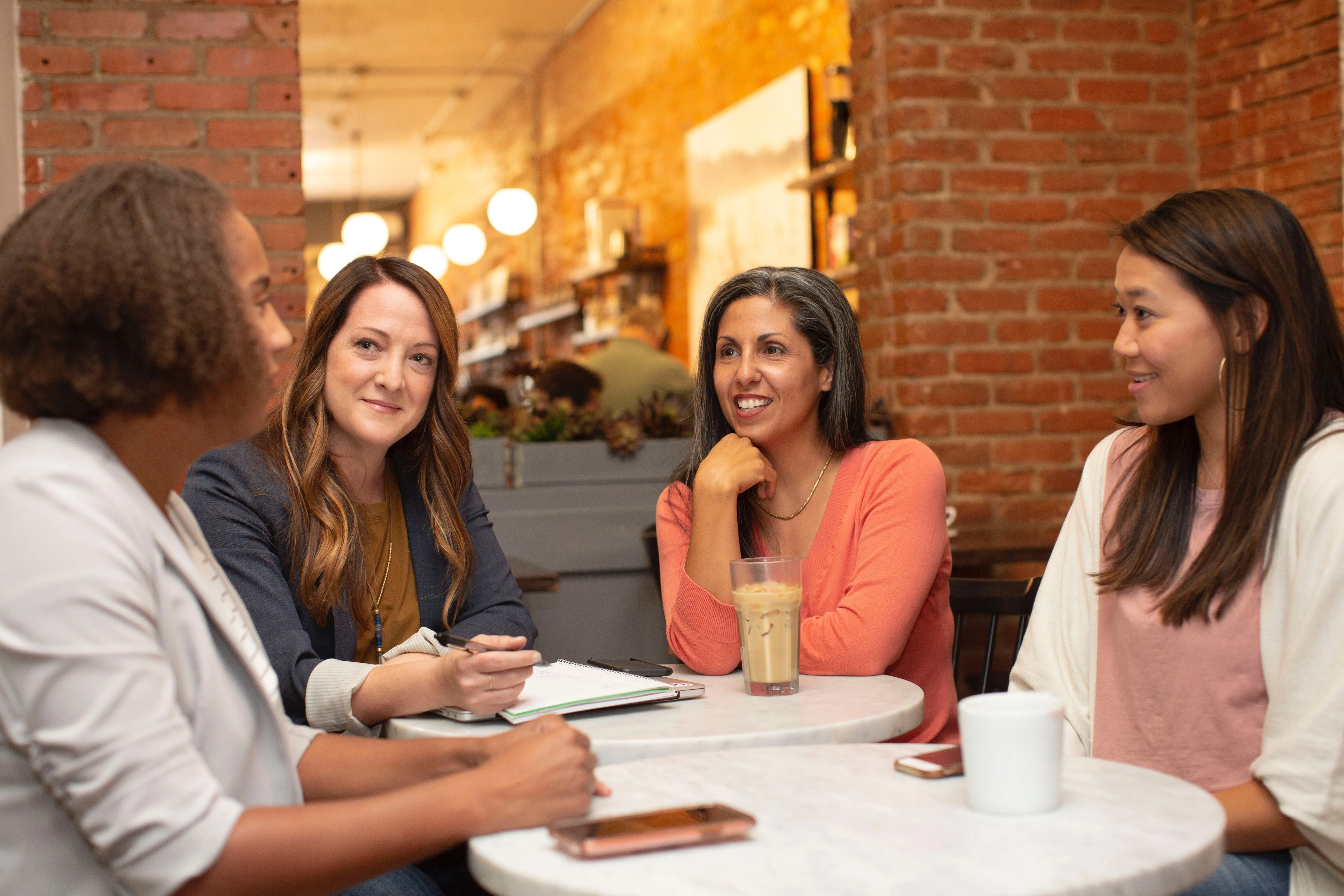
Your and Death Cafés and Parties
Women over 45 play a pivotal role in both Death Cafés and Death parties. Their life experiences and wisdom can enrich the conversations, providing unique perspectives on mortality, loss, and legacy. As this demographic often faces the passing of parents, friends, or even their health challenges, these gatherings can also serve as a valuable resource for coping with the inevitability of death.
In Death Cafés, women bring depth and insight to the discussions, sharing their experiences of loss, resilience, and personal growth. They may find comfort in connecting with others who have faced similar challenges and learn how different cultures and belief systems approach death.
Regarding death parties, women may appreciate the opportunity to take control of their final celebration. By actively participating in the planning and organizing process, they can create a meaningful event that reflects their values and life journey. Engaging in such a proactive approach to mortality can empower women to face their future death with grace and acceptance, fostering a sense of closure and peace for themselves and their loved ones.
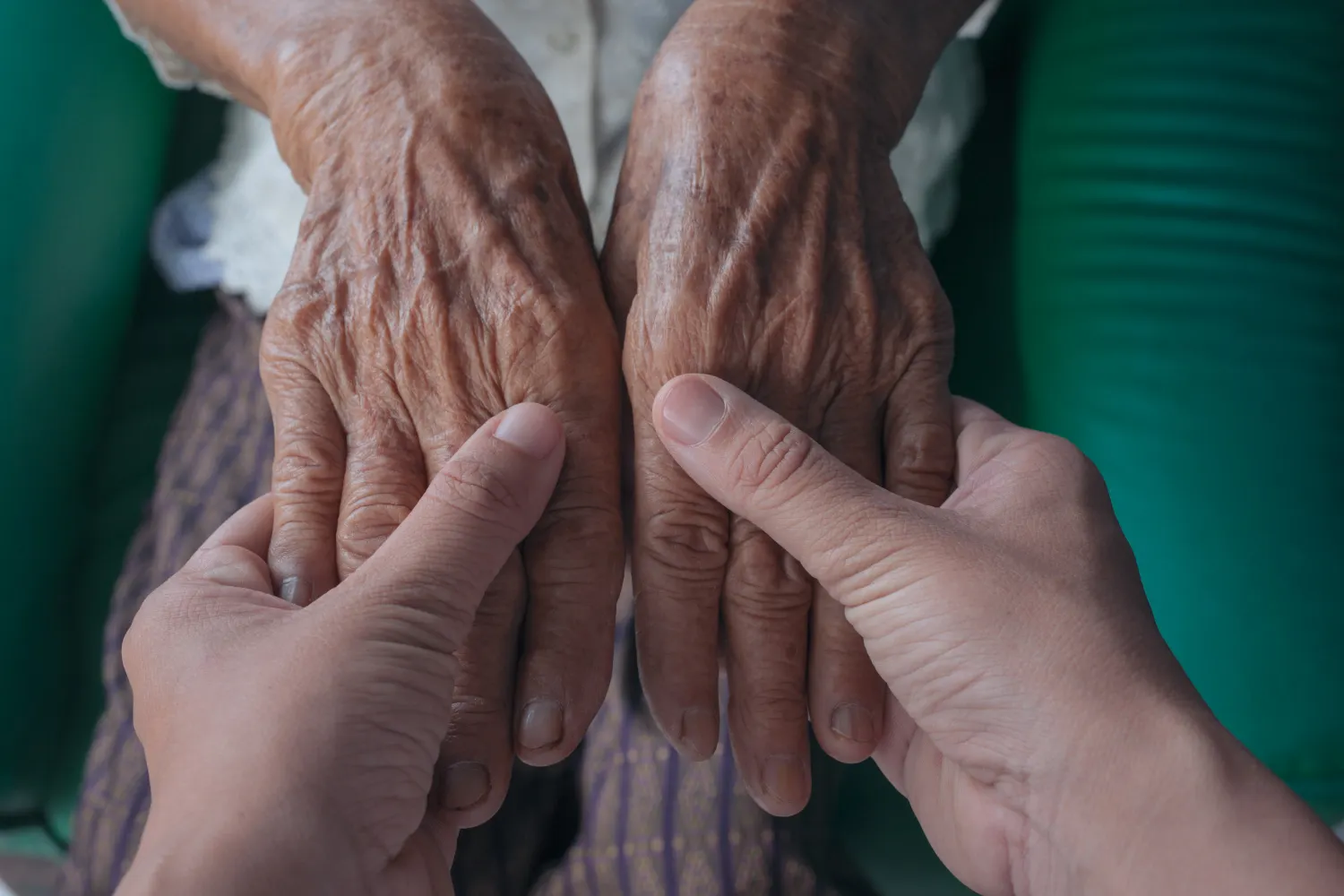
A ‘Final’ Word
It's essential to remember that both Death Cafés and Death parties are voluntary and not for everyone. Some may prefer more traditional approaches to death and mourning, and that choice should be respected. Nevertheless, for those who find meaning in these alternative gatherings, they can be powerful tools for embracing mortality and celebrating life. Seek further help from a Sensibly Selfish Trusted Source or reach out and contact us here.
[contact]
Further Reading in this Sensibly Selfish Series:
End-of-Life Planning


